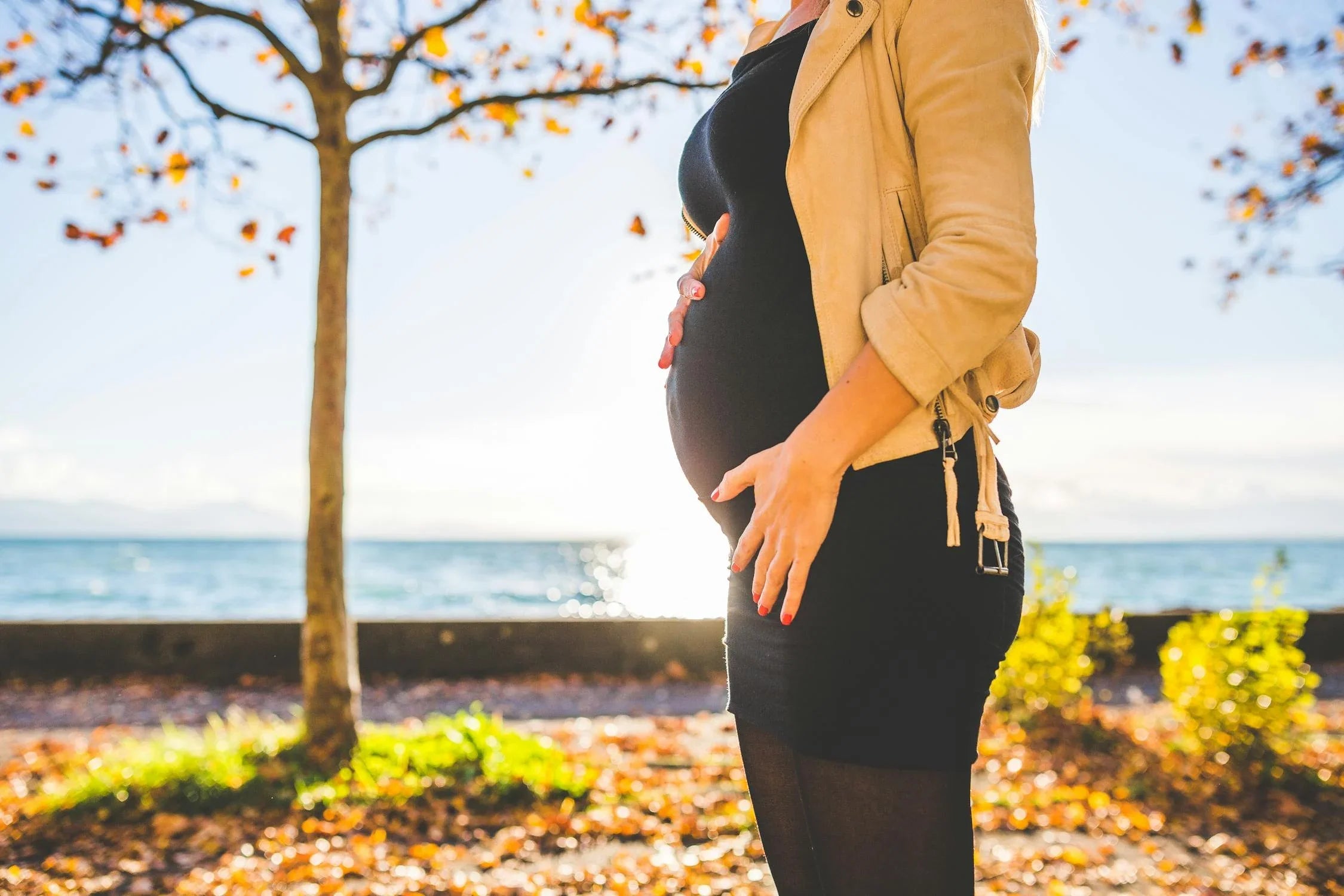Home
Pregnancy, Breastfeeding, and Pumping: The Ultimate Guide for Moms
Would a Pregnancy Test Work After a Week? What You Need to Know

Would a Pregnancy Test Work After a Week? What You Need to Know
Pregnancy tests are a common tool for women who suspect they might be pregnant. But what happens if you take a pregnancy test after a week? Would it still provide accurate results? This article dives into the science behind pregnancy tests, their effectiveness over time, and the factors that can influence their accuracy.
How Pregnancy Tests Work
Pregnancy tests detect the presence of human chorionic gonadotropin (hCG), a hormone produced during pregnancy. This hormone is released when a fertilized egg attaches to the uterine lining. Most home pregnancy tests are designed to detect hCG in urine, while blood tests performed by healthcare providers can also measure hCG levels.
Timing Matters: When to Take a Pregnancy Test
The timing of a pregnancy test is crucial for accuracy. Most tests are designed to detect hCG levels after a missed period, which typically occurs about two weeks after conception. Taking a test too early may result in a false negative, as hCG levels might not yet be detectable.
Would a Pregnancy Test Work After a Week?
If you take a pregnancy test a week after a missed period, it is likely to provide accurate results. By this time, hCG levels are usually high enough to be detected by most home pregnancy tests. However, factors such as the sensitivity of the test, the time of day the test is taken, and individual hCG levels can influence the outcome.
Factors Affecting Test Accuracy
Several factors can affect the accuracy of a pregnancy test, including:
- Test Sensitivity: Some tests are more sensitive and can detect lower levels of hCG.
- Timing: Taking the test too early or too late can impact results.
- Urine Concentration: First-morning urine typically has the highest concentration of hCG.
- Medications: Certain medications can interfere with hCG levels.
- Health Conditions: Some medical conditions can cause false positives or negatives.
What to Do If You're Unsure
If you're unsure about the results of a pregnancy test taken after a week, consider retesting after a few days or consulting a healthcare provider. Blood tests and ultrasounds can provide more definitive answers.
Emotional and Practical Considerations
Waiting to take a pregnancy test can be an emotional experience. It's important to prepare yourself for any outcome and seek support from loved ones or professionals if needed. Understanding the process and knowing what to expect can help alleviate some of the anxiety.
Whether you're hoping for a positive or negative result, taking a pregnancy test after a week can provide clarity. By understanding how these tests work and the factors that influence their accuracy, you can make informed decisions about your health and future.
Share

